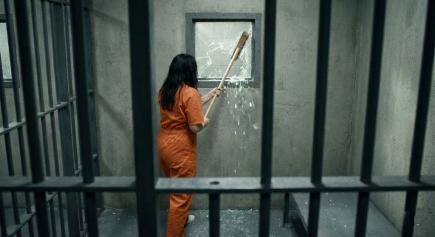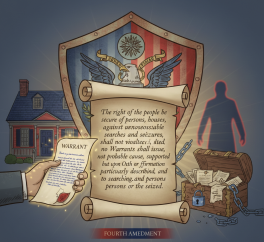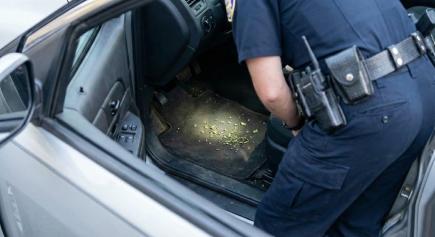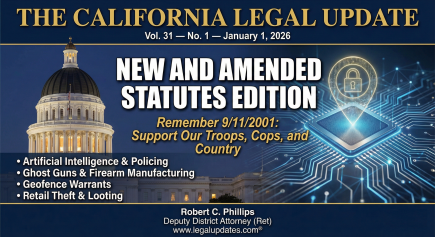

- Ref # CAC00084
- October 13, 2022
Immunity From Civil Liability For Law Enforcement Officers and Agencies
- V.C. § 17004 and Immunity from Civil Liability by a Law Enforcement Officer
- Gov’t. Code § 821.6 and a Law Enforcement Agency’s Civil Immunity
- V.C. § 17001 and Immunity from Civil Liability by a Law Enforcement Agency
(1) V.C. § 17004 provides a public employee with protection from civil liability for causing injury, death, or damage to property, when the employee uses an emergency vehicle while responding to an emergency call.
2) Pursuant to V.C. § 17001, a public entity is civilly liable for death or injury to a person or property proximately caused by a negligent or wrongful act or omission in the operation of a motor vehicle by an employee of the public entity ....








